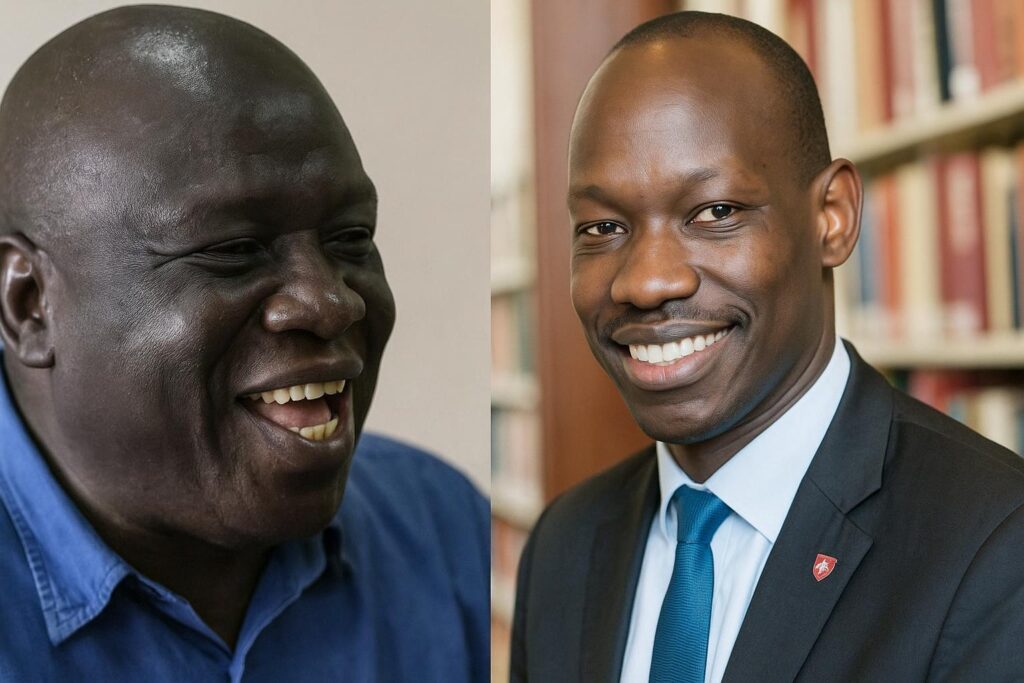High-Profile Arraignment in Juba
Riek Machar entered a steel-barred dock in Juba’s Special Court on Monday, sharing the space with seven allies. The appearance, his first since house arrest in March, instantly drew diplomats, media and victims’ families eager to hear how South Sudan’s judiciary will handle its biggest case.
Defense Questions Court’s Authority
Lead counsel Dr. Geri Raimondo Legge immediately lodged a preliminary objection, casting doubt on the court’s jurisdiction, its composition and even its legality. He cited Articles 103, 104 and 126(g) of the Transitional Constitution and the 2018 Revitalized Peace Agreement as protective shields for his client.
Legge stressed that only an African Union Hybrid Court, still awaiting launch, may hear allegations tied to the 2013–2018 conflict. Any domestic prosecution, he argued, violates the supremacy clause inserted into the constitution by a 2020 amendment.
Prosecution Defends Special Bench
Senior prosecutor Ajo Ohisa countered that the Special Court was duly constituted by a 1 September 2025 order under the Judiciary Act. All three judges, he noted, are Supreme Court justices, satisfying constitutional requirements and negating claims of an illegitimate forum.
Ohisa distinguished the constitutionally defined “vice president” from Machar’s peace-deal post of “first vice president,” insisting Article 126(g) therefore does not apply. He further called the immunity claim weak, saying the presidency’s protections extend solely to the head of state.
Peace Agreement in the Dock
Both sides lean on the 2018 accord that ended years of conflict. The defense regards its hybrid-court clause as exclusive; the prosecution views it as complementary to domestic mechanisms. The interpretive tug-of-war will likely shape not only this case but future accountability efforts.
Regional Stakes and Next Steps
Observers from IGAD, the African Union and several embassies say the proceedings could prove a barometer for South Sudan’s rule-of-law trajectory. The bench has ordered written submissions within twenty-four hours, after which it will decide whether to proceed or to halt the trial.
Whichever way the ruling swings, it promises to echo beyond the courtroom, influencing donor confidence, peace-deal implementation and the delicate political balance inside Juba’s transitional government.
Public Reaction Remains Measured
On the streets of Juba, reactions remain cautious. Some survivors of the Nasir violence want a swift verdict, while civil society voices caution against shortcuts that might reopen old wounds. For many young South Sudanese, the trial symbolizes either overdue justice or potential political drama.


